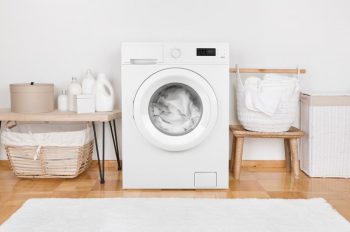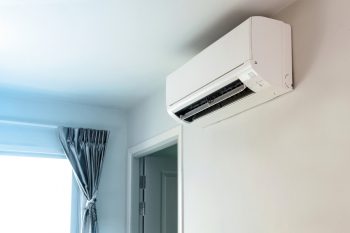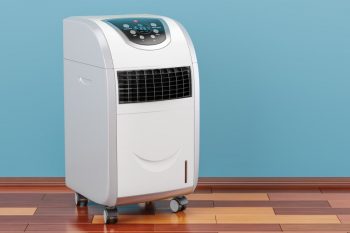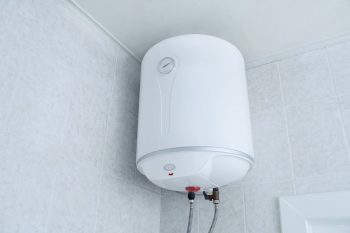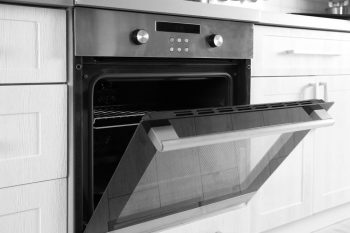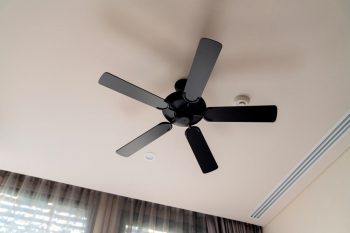
An AC unit has many parts which require routine maintenance.
Most savvy homeowners know how to check on their air filters when the unit is struggling, but did you know that dirty AC coils could also be a problem?
Dirty AC coils will make your unit work harder for the same temperature, leading to a shorter lifespan.
Effects of dirty coils include:
- Visible dirt or frost on the coil.
- Higher electric bills.
- Loss of air pressure.
- Ineffective cooling.
- A long AC runtime.
Dirty AC coils are easily remedied by using a dedicated coil cleaning product or a can of compressed air.
Keep reading for detailed information about the effects of dirty AC coils, how to tell if you have them, and what to do.
The Consequences of Dirty AC Coils
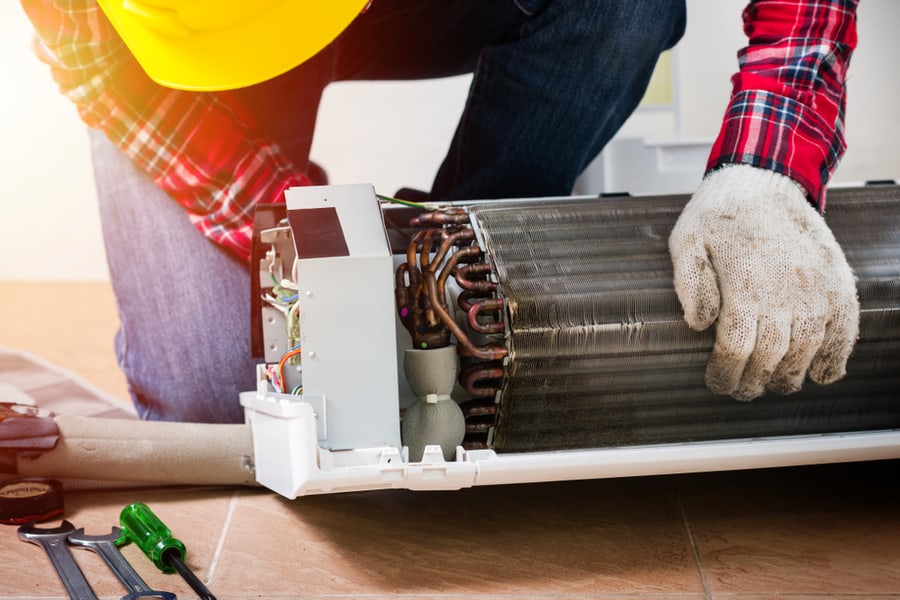
Dirt naturally builds up on AC coils over time. This could be dust from your home or even soot and smog.
1. Short Term Consequences
No matter the reason for the buildup, dirty AC coils will lead to a loss of efficiency in the short term.
This is because the heat transfer between the air and the coils is hampered by the dirt, which acts as a layer of insulation. A result is a machine that needs to work much harder for the same result.
2. Long Term Consequences
In the long term, dirty AC coils will shorten the lifespan of the AC unit drastically. Routinely overworking the AC unit wears components down faster than they were designed.
Take a condenser fan motor (the motor that turns the fan), for instance. Normally, this part is designed to last five to ten years, but if you have dirt on the AC coils, you are likely to get only three to four years out of the motor.
Effects of Dirty AC Coils
Now that you know the consequences of dirty AC coils, how do you know if you have them?
There are five effects that you can watch out for:
1. Visible Dirt or Frost
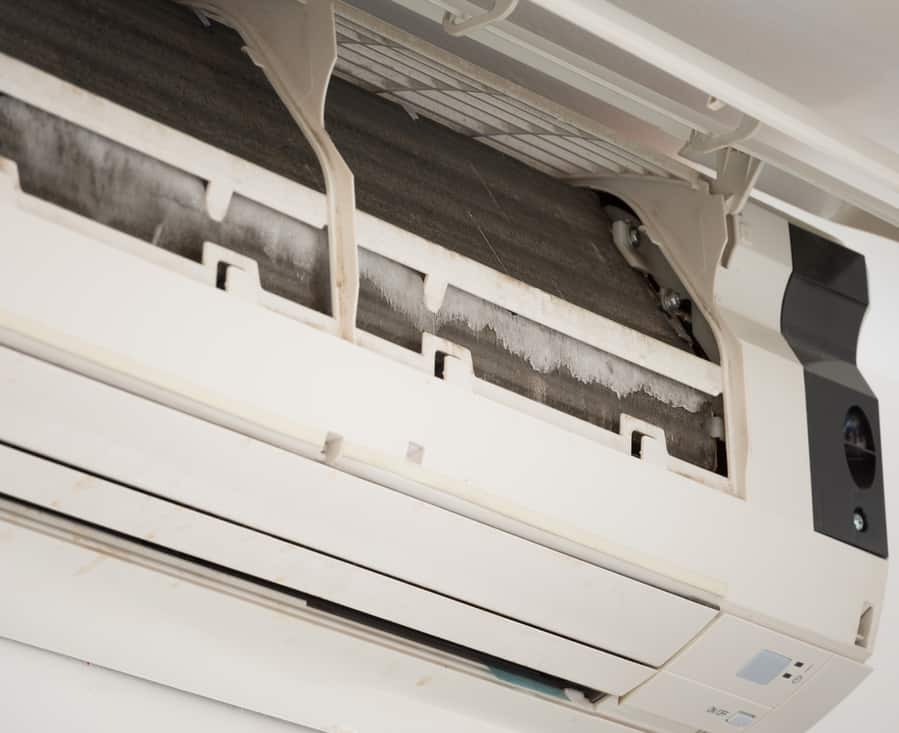
The most obvious is the dirt or frost on your coils when inspecting them. AC coils should be metallic and slightly shiny. Dim-looking or black-colored coils are dirty.
You can also run your fingers along the coil when the unit is powered off and see if you pick up any dust.
2. Higher Electric Bills
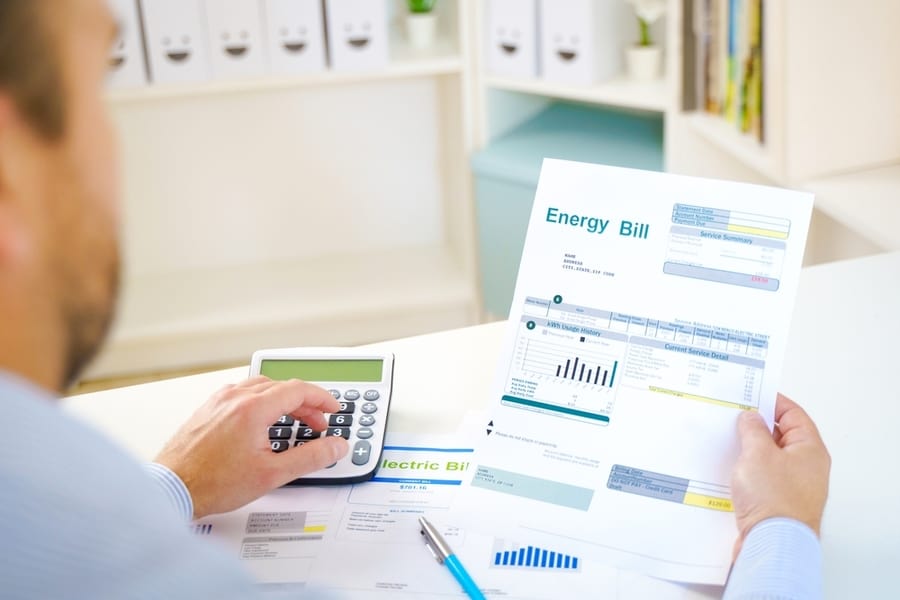
Dirty AC coils cause a drop in efficiency; your electric bill will jump up unexpectedly.
While dirty AC coils certainly are not the only cause of an increased electric bill, it’s good supporting evidence when you have suspicions.
3. Loss of Air Pressure

Dirty AC coils often mean that the entire system is dirty. Dirty fans and ducts will lower air pressure at the return vents, something you can easily check for without climbing on the roof.
4. Ineffective Cooling

Another sign that the coils might be dirty is that the unit is running, but the temperature isn’t coming down.
This is because the dirt acts as a layer of insulation between the coil and the air, making it difficult to cool sufficiently.
5. Longer AC Runtime
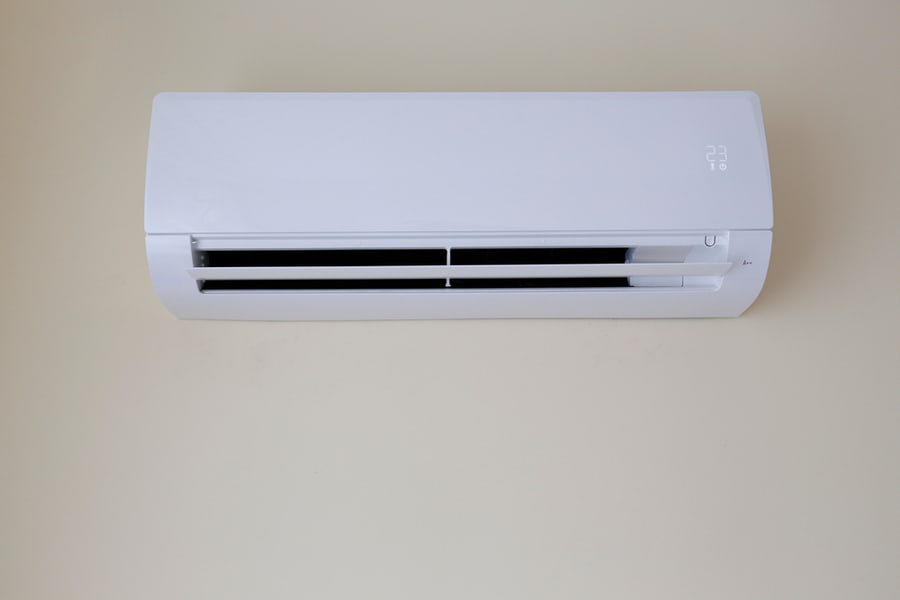
Closely related to the previous effect is a constantly running AC. The thermometer in the AC will detect that the target temperature has not been reached and keep the AC running for much longer than usual.
Ways To Clean Dirty AC Coils
While many products are on the market to clean dirty AC coils, they all boil down to two methods.
1. Canned Air

The first is simply using canned air. While this is best used in mild cases, it is quick and cheap.
Supplies
- A can of compressed air.
- A dust cloth.
Step-by-Step
- First, open up and prime the can of compressed air.
- Next, turn off the power to your AC unit.
- Open the unit up to expose the coils.
- Hold the cloth behind the coils and spray them with compressed air.
- Keeping the cloth opposite the canned air, change angles to get all the nooks and crannies.
- Reassemble the unit, and restore power to your AC.
While you could clean the coils with the compressed air alone, we advise using a cloth to catch the dust.
This prevents a few things:
- First, the dust resettled onto the coils.
- Second, the dust is being blown onto other fragile parts.
- Third, the dust becomes airborne and irritates your lungs.
2. Detergent and Elbow Grease
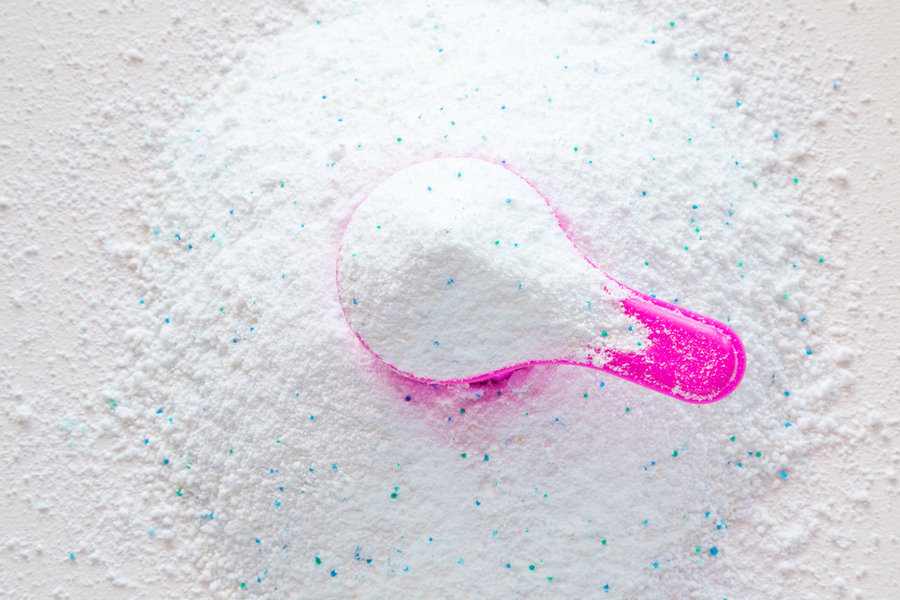
Your other option to clean AC coils is to use a commercially manufactured cleaner. This is ideal for severe cases or those where the dirt is sticky.
Supplies
- A bristle brush or an old toothbrush.
- A cleaning rag.
- A coil cleaning product of your choice.
- A spray bottle.
Step-by-Step
- First, turn off the power to your AC unit.
- Open up the unit to expose the coils.
- Put the coil cleaner into the spray bottle.
- Apply a generous amount all over the AC coils.
- Let the cleaner sit for ten minutes to loosen tough grime.
- Go in with the brush, scrubbing gently.
- Continue until the dirt is removed and the coils are shiny (add more cleaner as needed).
- Wipe the area dry with a rag.
- Reassemble the unit.
- Restore power to the AC.
Each time an HVAC professional services your AC, they should check the system (including the coils) for dirt.
Having the system serviced each year is a great preventive measure that will extend the lifespan of your unit.
Summary
Dirty AC coils will reduce the efficiency of your AC unit and shorten its lifespan. Effects of dirty coils include higher electric bills, lower air pressure at vents, long run times, and ineffective cooling.
You should clean your AC coils at least once a year, which an HVAC professional includes in an annual service. If you need to clean your coils yourself, this can be done with canned condensed air or a detergent to clean compressor coils.
Frequently Asked Questions
Can I Clean AC Coils Without Removing Them?
While some people might find it easier to clean the coils when they are removed from the AC unit, it is unnecessary.
How Often Should AC Coils Be Cleaned?
The AC coils should be cleaned at least once a year.
If any of the following is true for your home, it should be done more often:
- A smoker lives there.
- You have pets.
- The air quality in your area is poor.
Can I Use Homemade Detergent on AC Coils?
You can use a simple detergent diluted with water to clean AC coils, but we don’t suggest it. These cleaners can be unreliable. Additionally, a purpose-made cleaner is not much more expensive.

